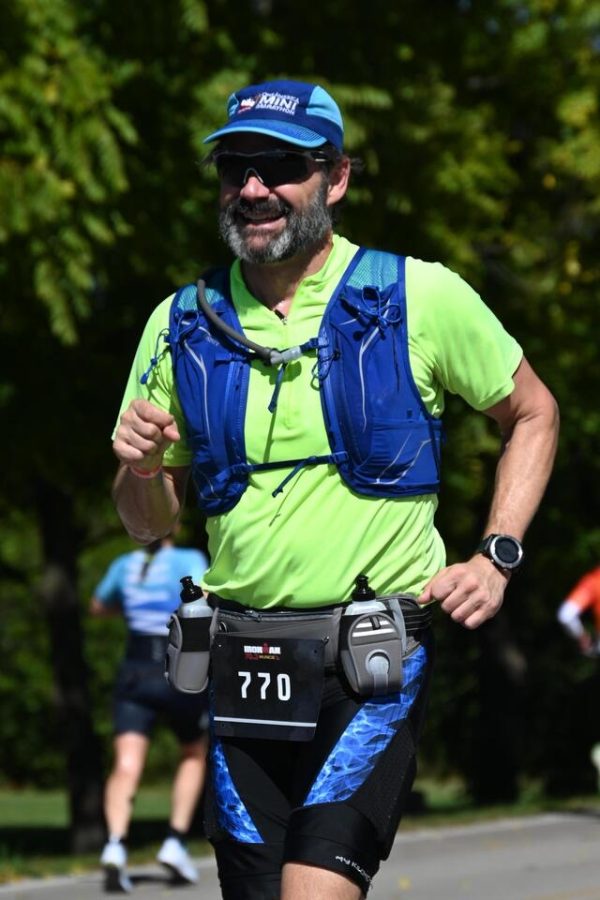How did you start running?
When I turned 30, I decided (that) I wanted to get into better shape, so when I hit that age I said, “You know what? I need to do that.” I wasn’t a big runner before that. I did a couple things here and there, but at (30) I thought that maybe I prefer to run, and I started to run a couple of miles every day. I had to renew my teacher’s license one summer, as a teacher you need to do that every five years, so I took a summer class that was one week long. A professor there said, “Well, if you get into running you can actually run marathons, which is 26.2 miles, with very minimal training, three or four days a week, maybe four to 16 weeks, and you could actually run 26 miles.” That inspired me to get into running, because then I had a goal of not just running to lose weight, but I had a major goal: I want to run a Chicago Marathon.
What were the struggles you went through at the beginning?
Like with most things, you just need to get into (the) routine, that was the biggest thing, just making sure I got out there three or four days a week to start running, I think that was the biggest struggle. The second struggle was if the weather wasn’t perfect, then you needed to run on a treadmill, and that’s not as fun as running outside.
What do you like the most about running?
Camaraderie, you get to meet with people, and a lot of times I run with friends. If I’m running during a (weekday), I run by myself and I’m trying to do either speedwork or do things that push myself. On the weekends I try to either run or bike. I got to bike with Mike Myers. He is a social studies teacher (at this school, and) every week we try to go out and bike.
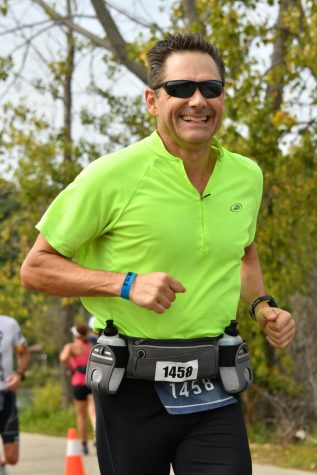
I’ve run with different people here, we did the Purdue half-marathon back in 2015. There’s other colleagues that I’ve run with. What’s nice about it is that when we are running we also just start talking about our day or something else, and before you know it you ran 45 minutes. It’s nice to do that. So the things I liked the most is running with people, runner’s high and that you get to see a lot of new places.This weekend my wife and I celebrated our 25th wedding anniversary. We went out to Lake Tahoe and I ran the Emerald Bay Half-Marathon. That was neat. I got to see a new sight; it took me only two hours to do it, so I didn’t take a lot of family (time) from my wife. It was nice because I got to see new scenery. I ran the New Orleans Marathon around 2002, it was neat to be able to run in that city. And then (Hurricane) Katrina hit, and I saw the pictures of the turmoil there. But because I ran the city I knew some places when they mentioned city spots. I ran the Chicago Marathon, ran in different places around the world. It’s just fun, it’s something to set a goal on. If you just say that you just want to run, that gets boring, but if you say it because you want to run a Detroit marathon next month, then you have a goal and you can improve in that direction. I think having those extra goals like completing a marathon in less than four hours is an inspiration to do that. For the past few years my goal was to get 1,000 miles every year running, and so I’m at 800 miles right now. I have around 200 miles to run in the next two months, so I have to average three miles a day. In my mind I say that every other day I need to run six miles, then on the weekend I’ll run with my buddies for nine to twelve miles, and if I continue doing that, then I will hit my goal of running 1,000 miles again. All these things as a math teacher, I just love the math behind that; it’s neat to do that.
Do you have any future goals/plans moving forward in your running career? If so, what?
Right now my goal is to run (a marathon in) Muncie as well as running some 5K runs and sprint triathlons, but nothing major for now.
What advice do you have for someone who is looking to get involved in intensive running, but has no experience?
I’ve heard so many stories like “I’ve just walked around the block once,” that’s the first piece, and you need to do it in small steps. If you have a goal, my big goal right now is that I want to do a full Ironman Triathlon one day, but I’m not even close to that so I’m just making steps towards that. So if somebody wants to do a 5K, which is about three miles, what they need to do is to start from walking around the block, then once they get comfortable then maybe try to jog two or three parts of it and walk the rest. It’s more about the building process. The hardest thing is that people get frustrated, but if you try to do it in small pieces then you’re going to be better off, and if you write down what you do, I love the app that I’m using (Under Armor, to keep) track of my miles, and I just looked the other day and (the app) said, “Wow that’s a lot of miles,”. But if you keep track of what you’re doing, then you can look at your progress and feel better about yourself. After three or four weeks you might be frustrated because you feel like you’re not getting any faster, but really your body is improving because of the work you are doing.
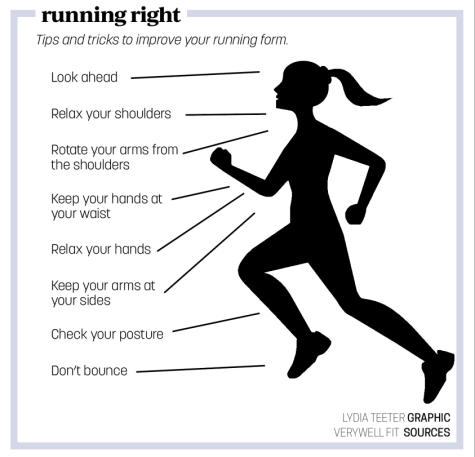
Do you follow any breathing techniques during running?
I just had my annual physical with the doctors here in the wellness center, and one of them was actually talking about our breathing, and she said, like, ‘As a runner you breathe differently,’ and she was talking about how you can breathe with your diaphragm and so forth. And next time when I’ll run, I will try to think about the running and the breathing techniques. A lot of times I don’t push myself to the exhaustion (point), but when I train, one thing is called fartlek, I might run from one light post to another light post kind of hard, and train my breathing this way, and now after talking to her I’m going to look if I’m breathing through my lungs or diaphragm, but that’s a great point to do more research on how you breathe, and if you breathe through your lungs, or just through your mouth. This half-marathon I ran previously, a lady crossed the finish line and she went to the medical person and she was like, “I need water, I don’t feel so good,” and I’m standing next to her and she literally fainted, I luckily grabbed her, I was in a right place in a right time. But there I think she just passed out from all the exhaustion or something, she didn’t pass out too long, she was okay, but there was a case where she went to her exhaustion level where her body just gave up breathing. When I run, I do not run to that extent all the time. When I was young, I would run the track as fast as I could, but now I do not. I train my body to go long distances, and still try to run fast, but not too fast so I can breathe.



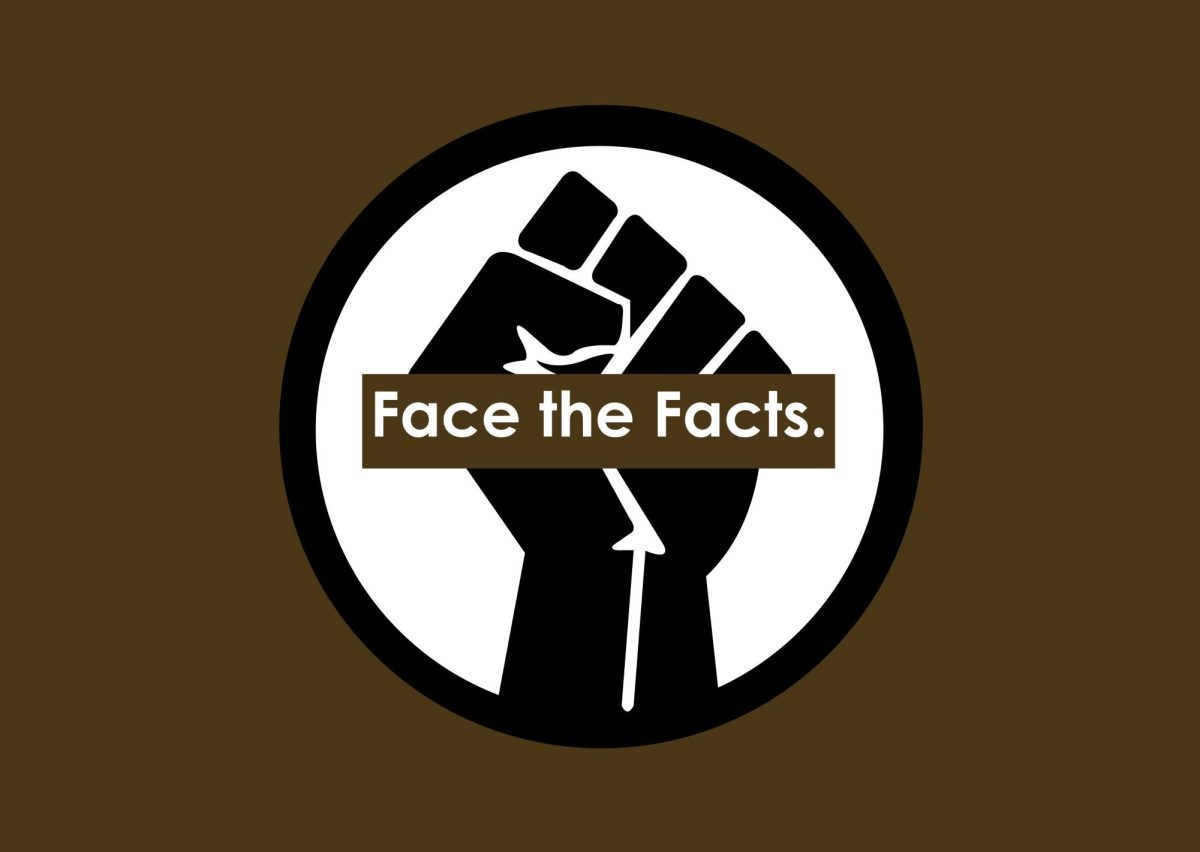














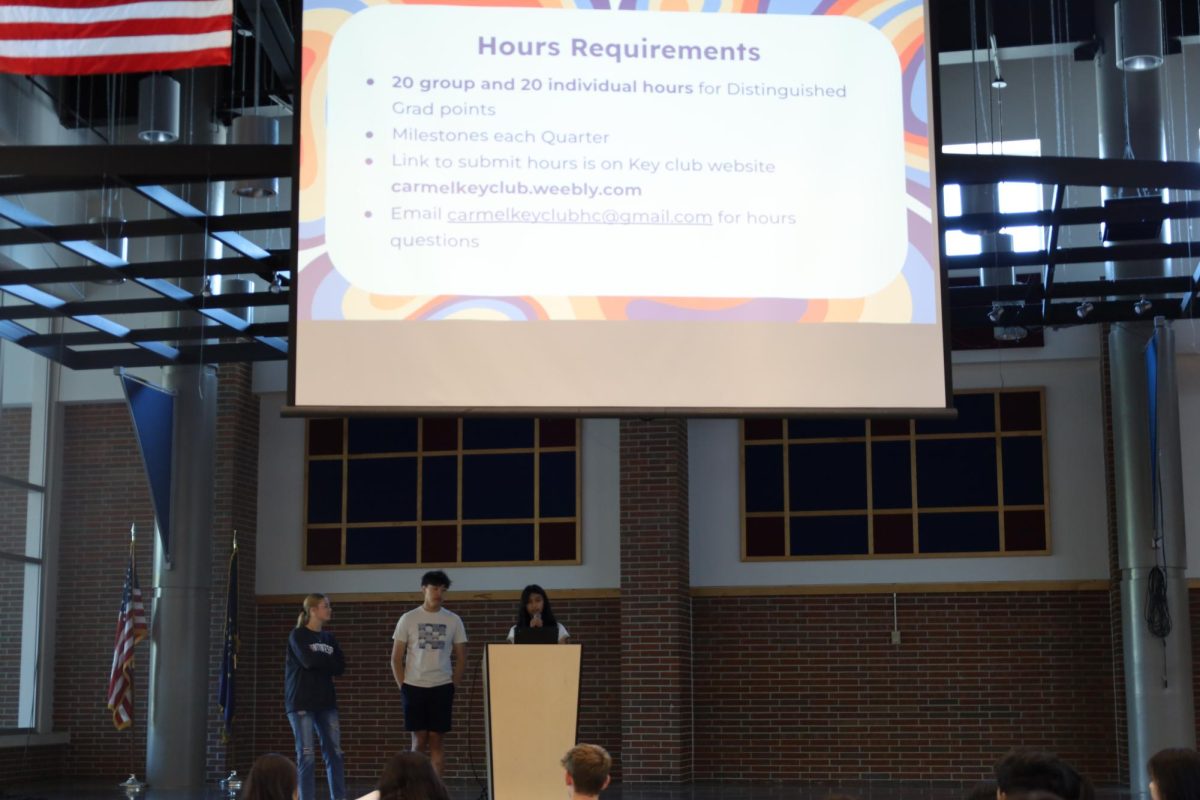



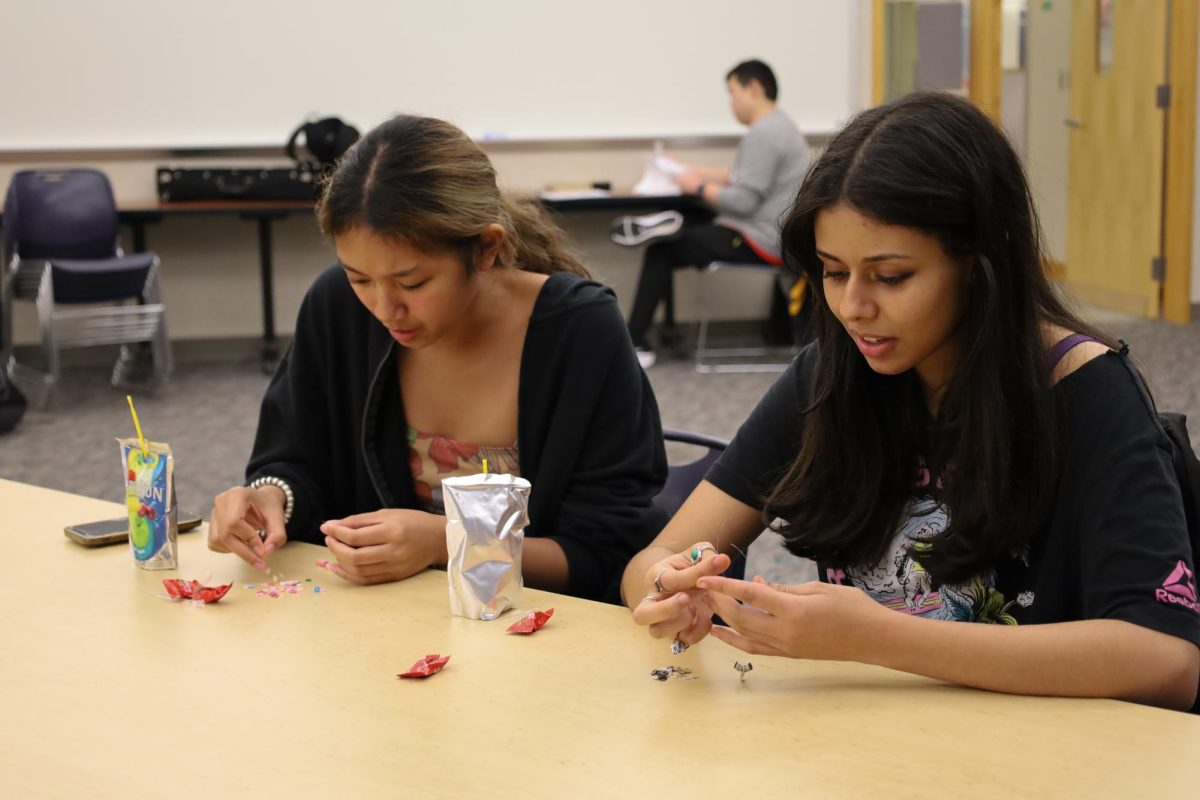


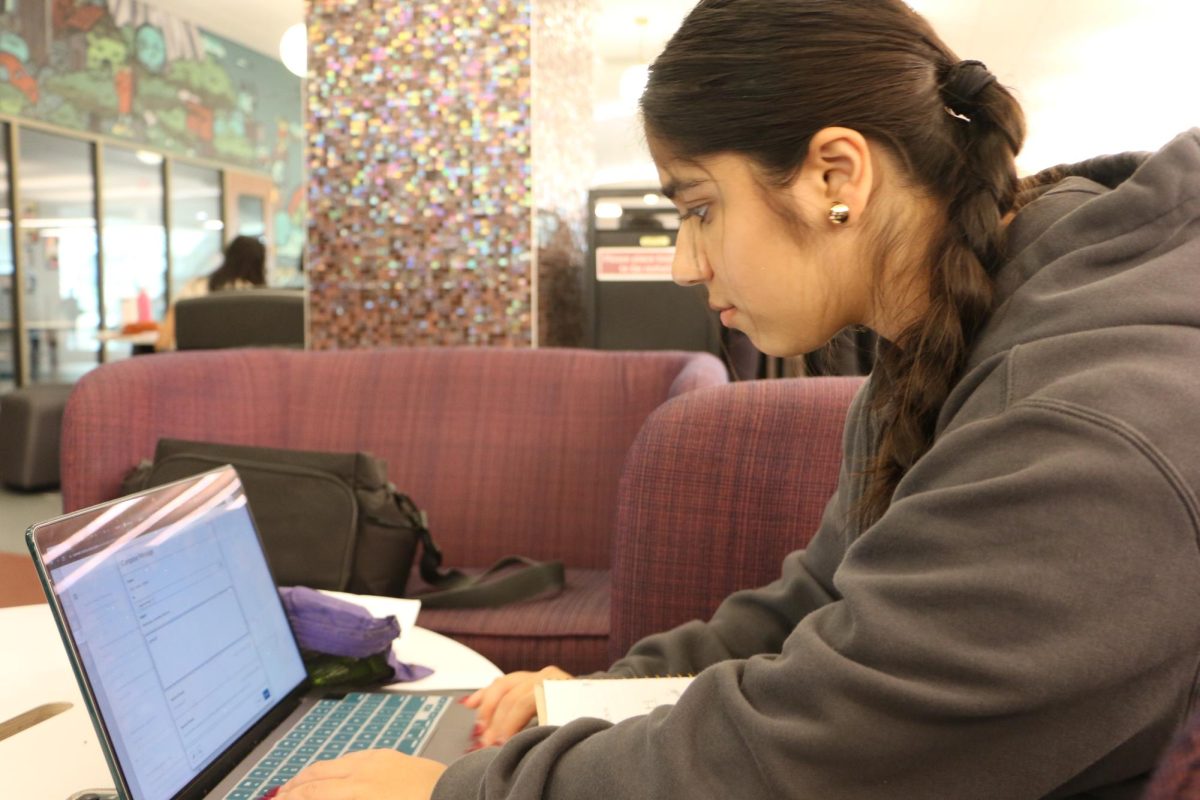
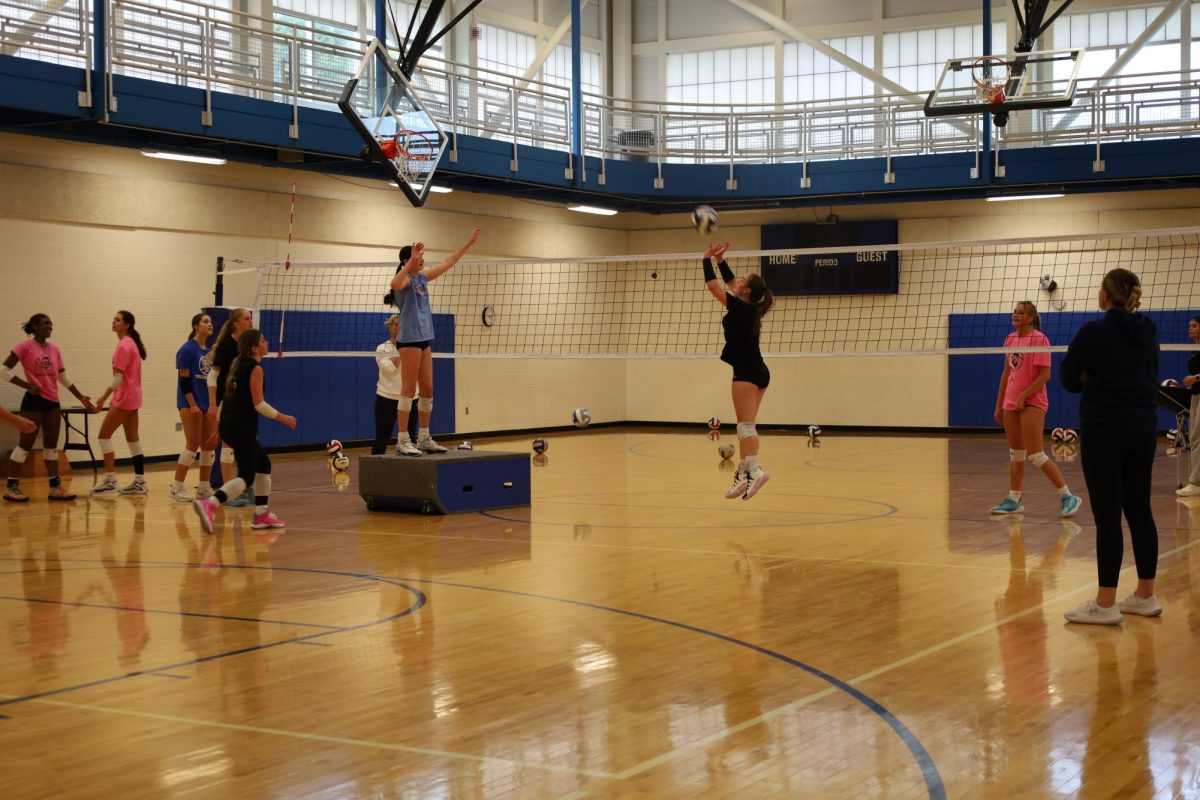






![Streaming services are pioneering the future of television [opinion]](https://hilite.org/wp-content/uploads/2024/09/CAtherine-streaming-1200x471.jpg)
![Parasocial relationships unnecessary, intrude on celebrities’ lives [opinion]](https://hilite.org/wp-content/uploads/2024/09/4-Mady-Kiser-Cover-1200x471.jpg)



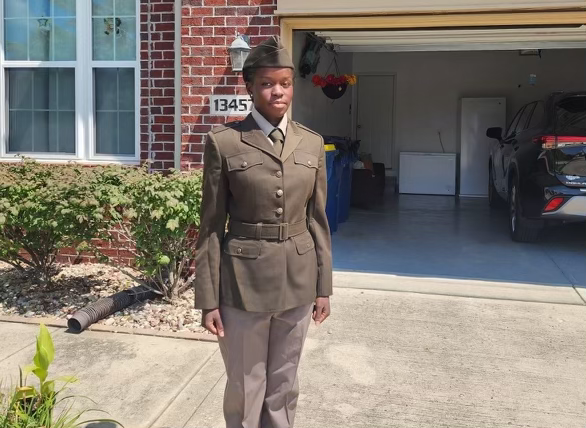


















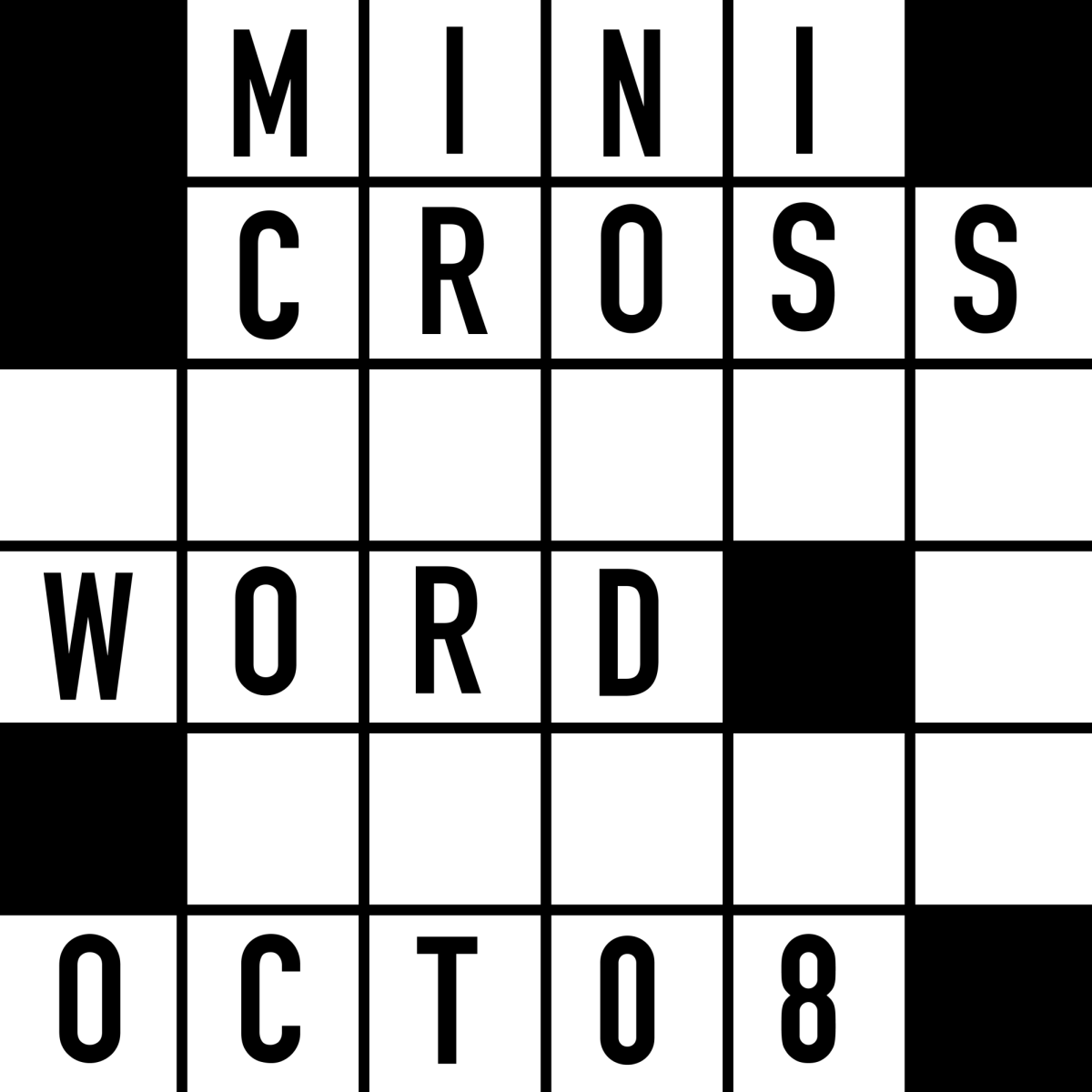
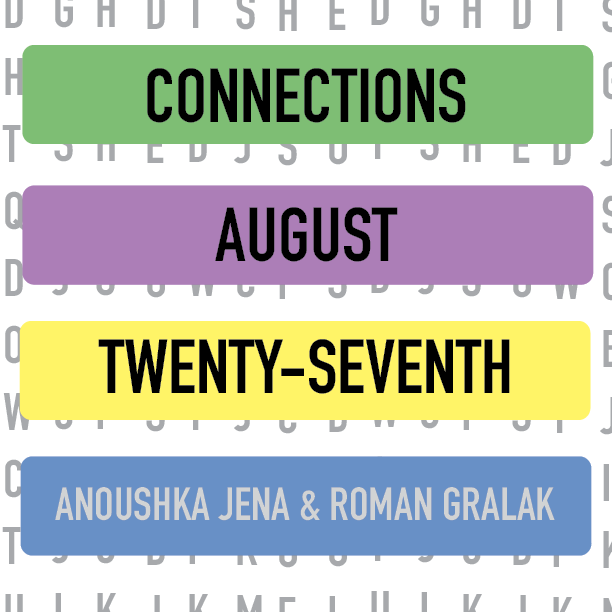
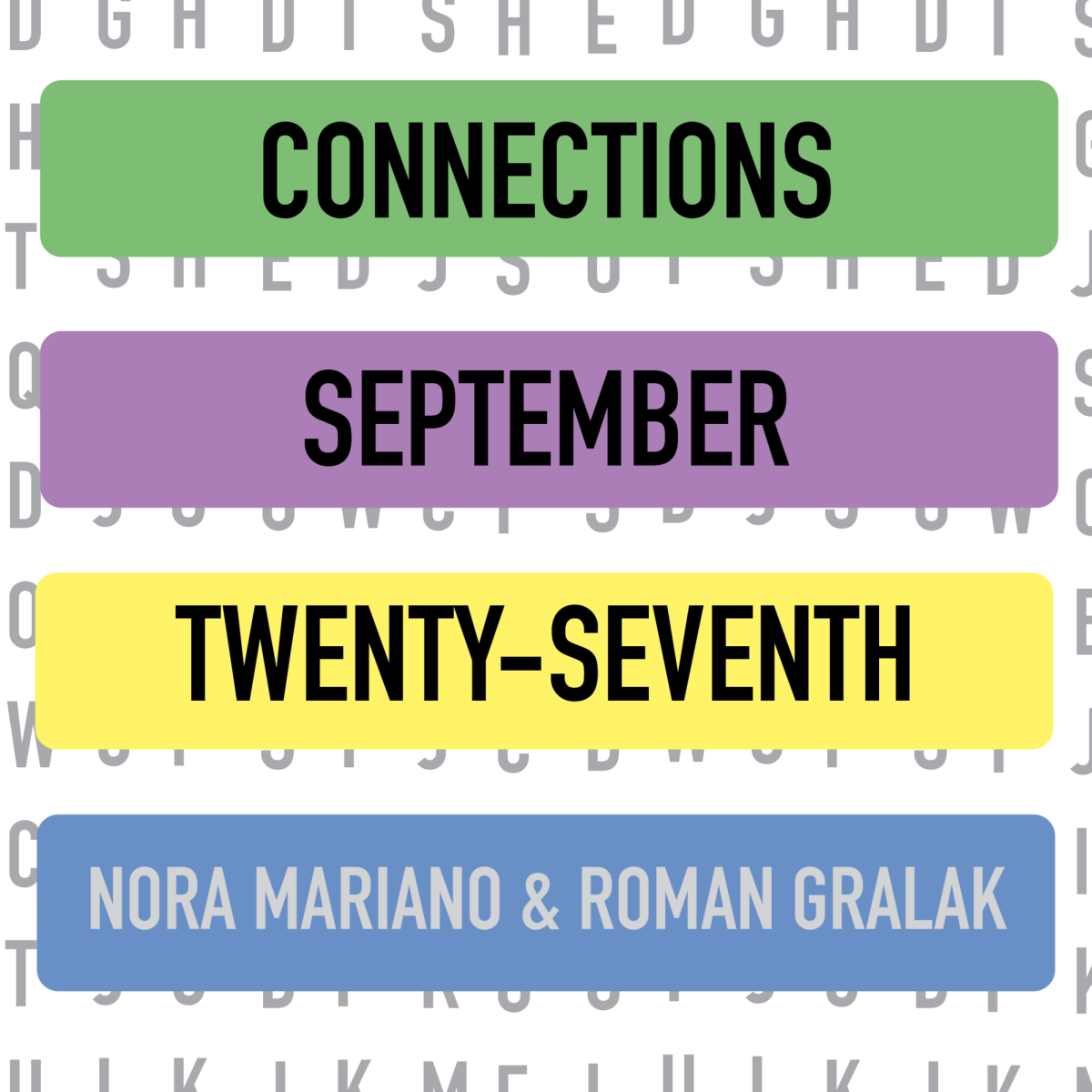
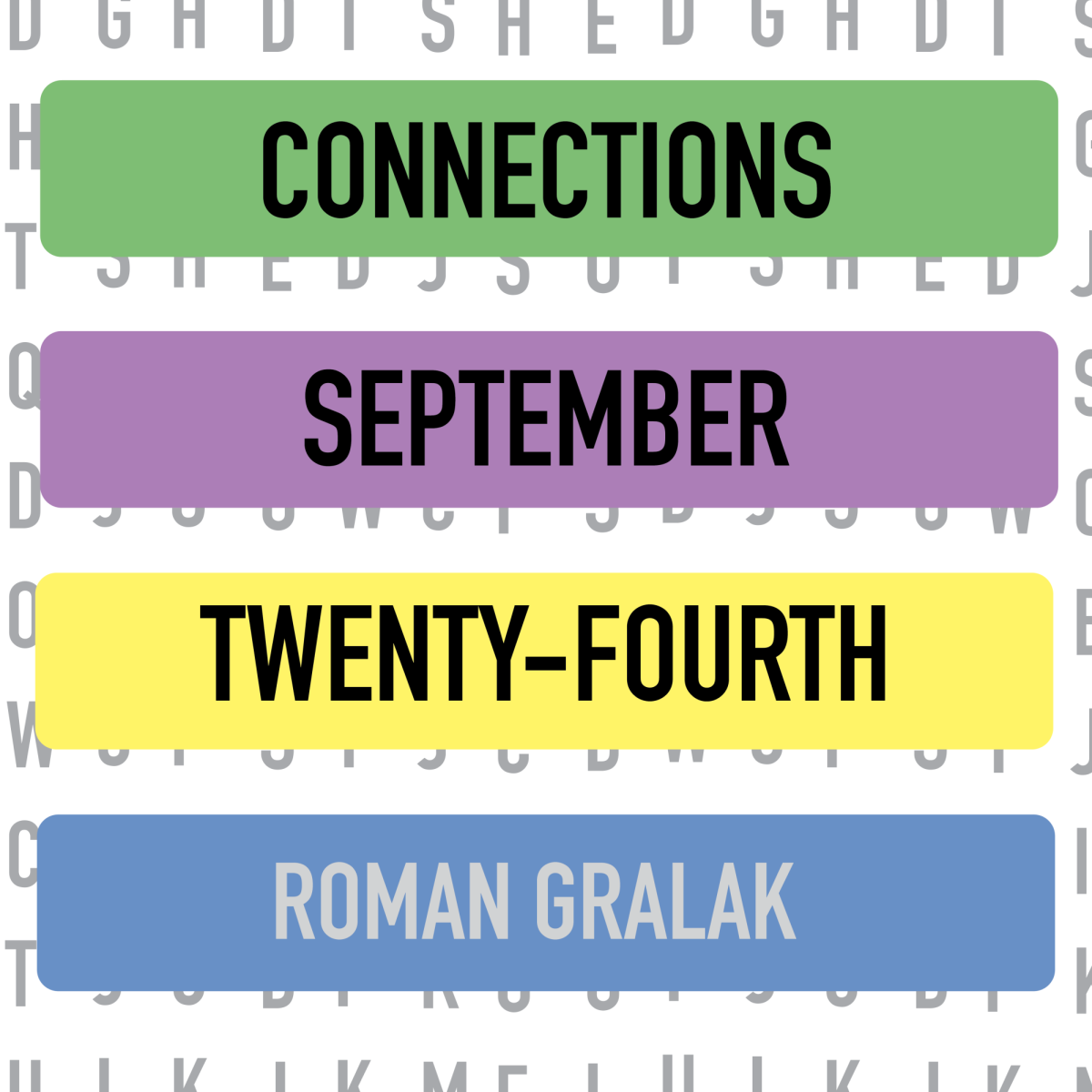





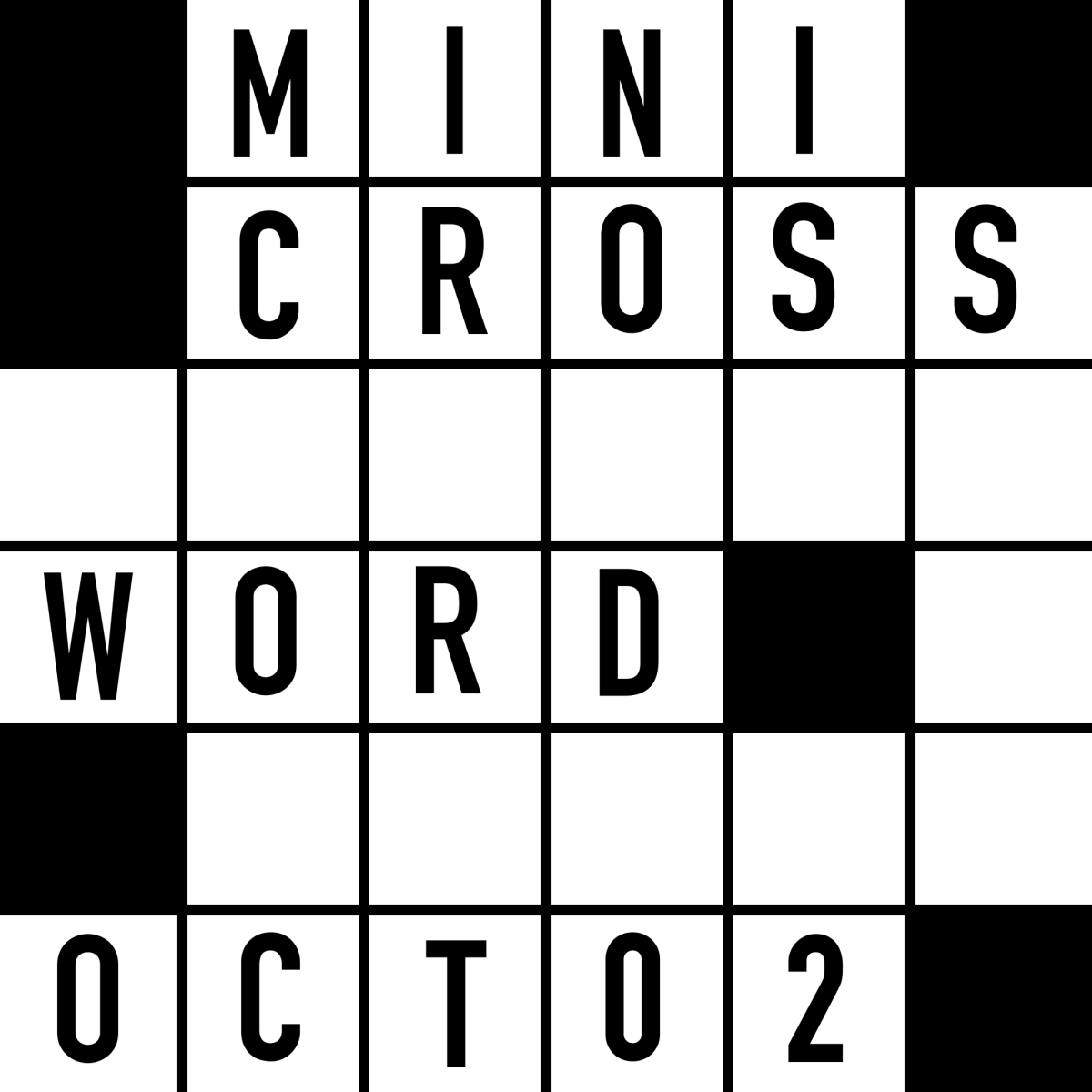
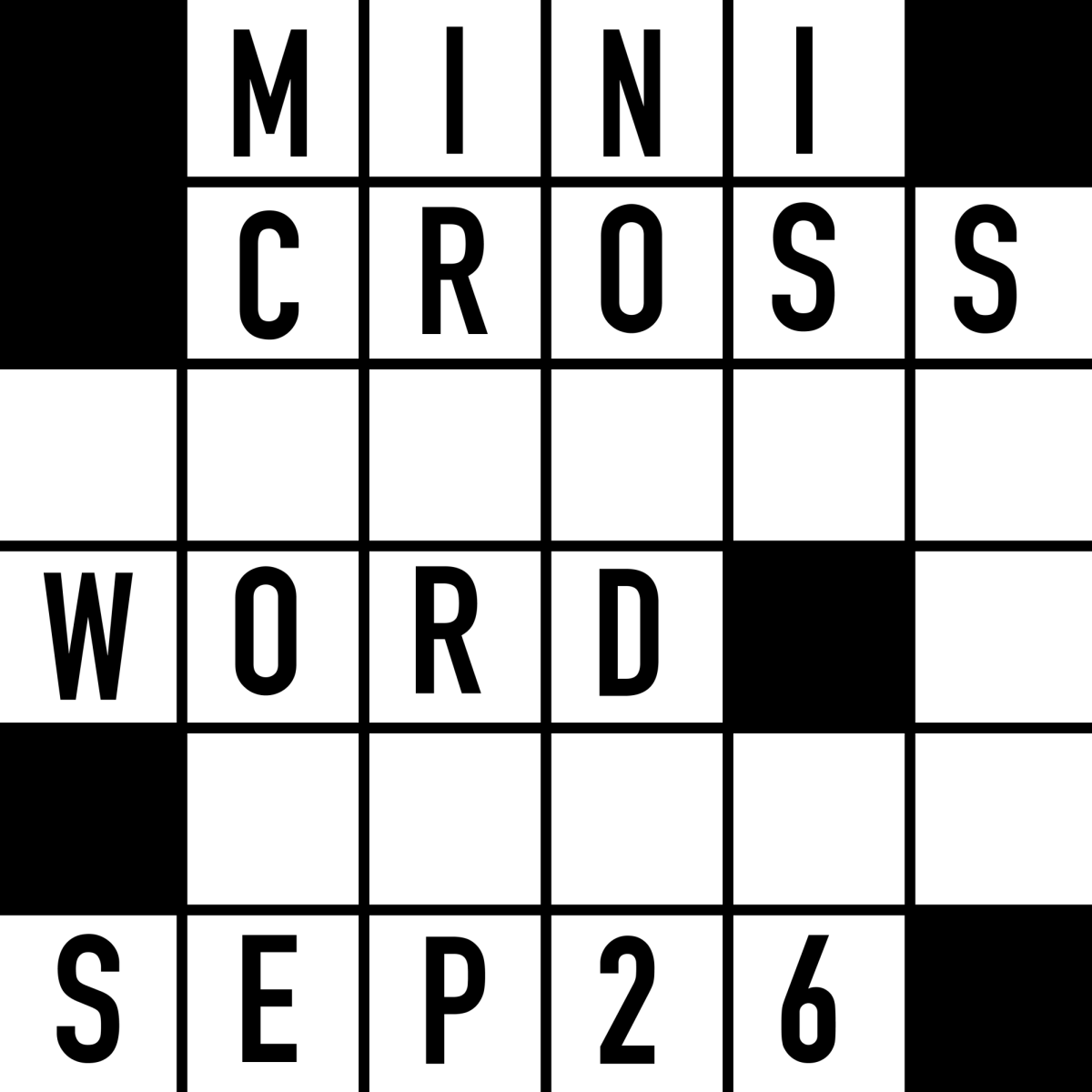
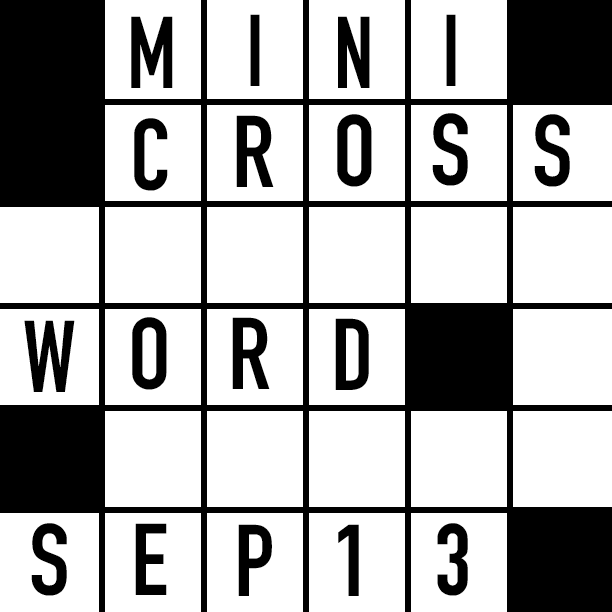
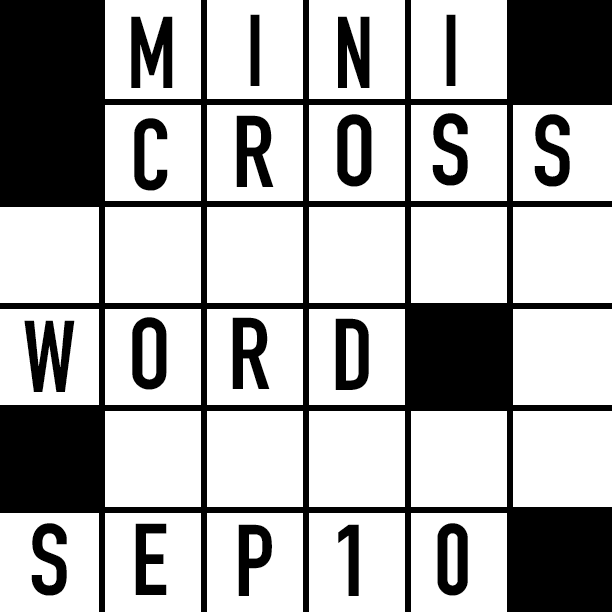

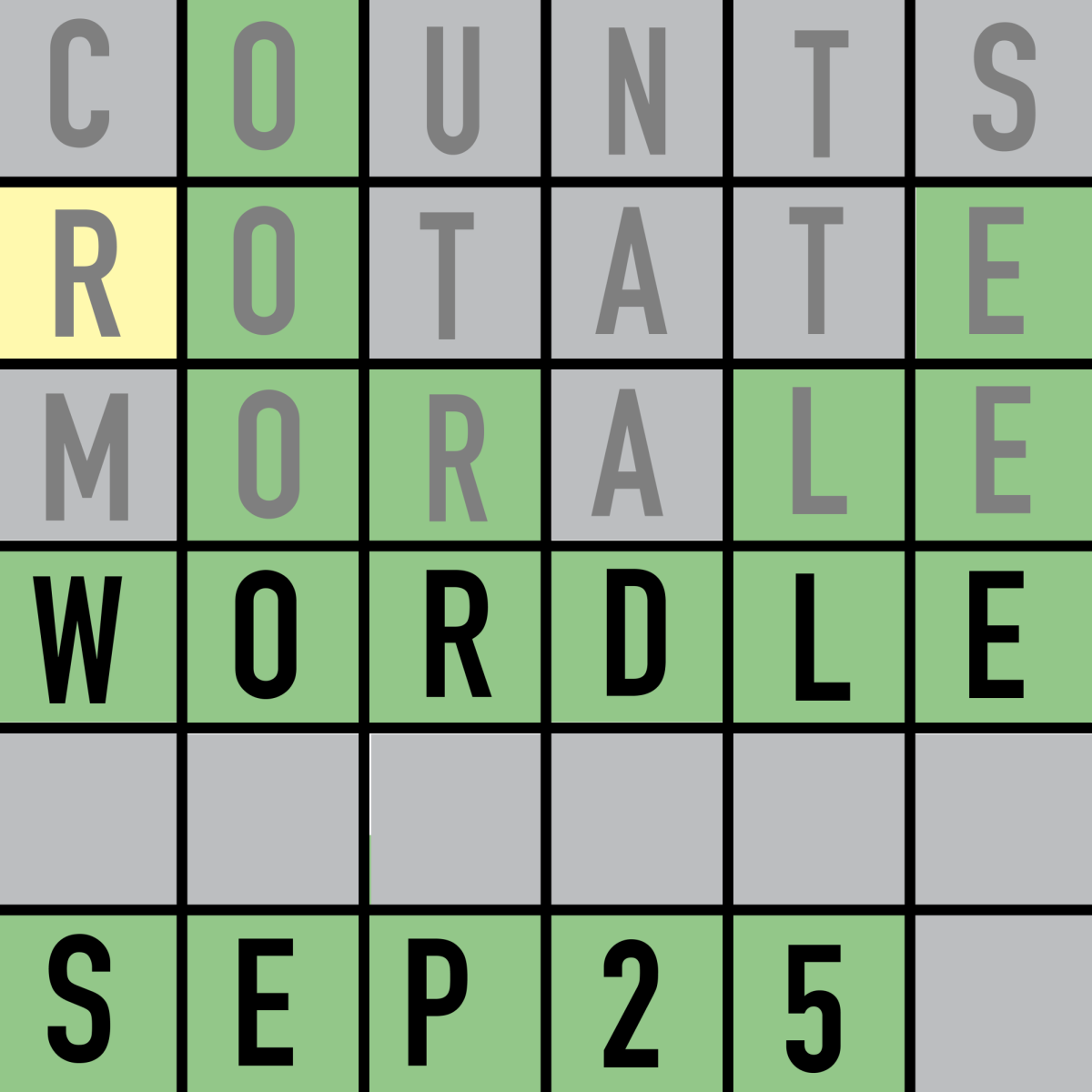
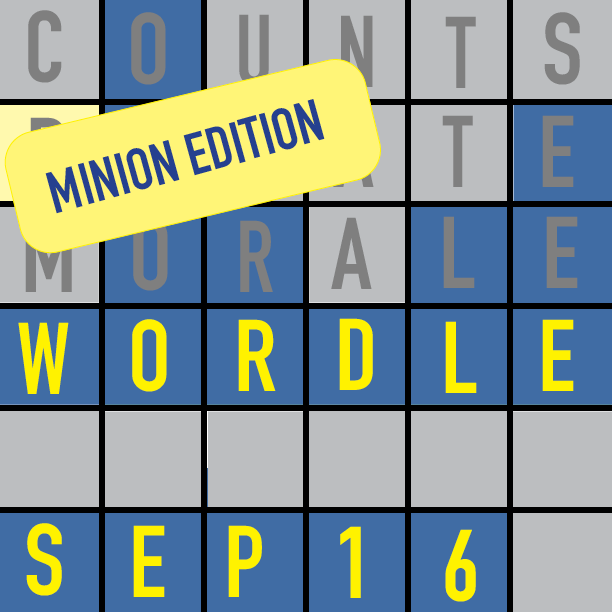
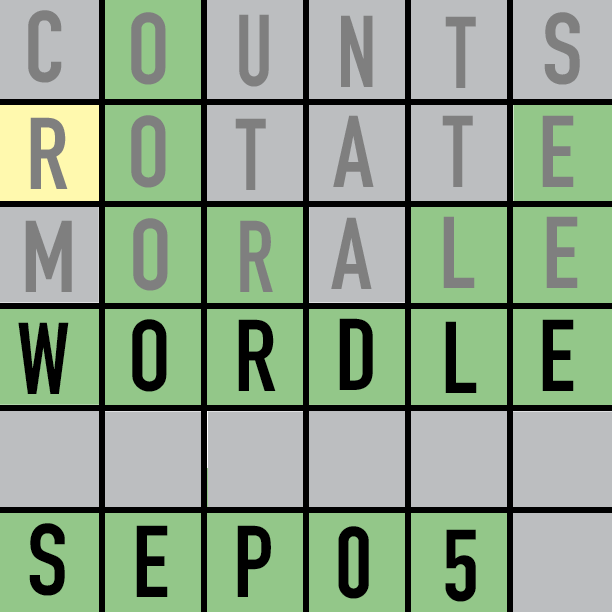




![Review: Judy Moody encourages viewers to make the best out of their summer [MUSE]](https://hilite.org/wp-content/uploads/2024/10/MV5BMjA4NDc0NzI5OV5BMl5BanBnXkFtZTcwMjc0MDA4NA@@._V1_-810x1200.jpg)
![Review: “Zen and the Art of Motorcycle Maintenance” is a breathtaking novel based on a true story [MUSE]](https://hilite.org/wp-content/uploads/2024/10/Screenshot-2024-10-14-at-11.45.50 AM.png)
![Review: Taylor Swift’s new album "The Tortured Poets Department" is not her best work but is still a brilliant album [MUSE]](https://hilite.org/wp-content/uploads/2024/05/The-Anthology_Cover-1200x675.webp)
![Review in Print: Maripaz Villar brings a delightfully unique style to the world of WEBTOON [MUSE]](https://hilite.org/wp-content/uploads/2023/12/maripazcover-1200x960.jpg)
![Review: “The Sword of Kaigen” is a masterpiece [MUSE]](https://hilite.org/wp-content/uploads/2023/11/Screenshot-2023-11-26-201051.png)
![Review: Gateron Oil Kings, great linear switches, okay price [MUSE]](https://hilite.org/wp-content/uploads/2023/11/Screenshot-2023-11-26-200553.png)
![Review: “A Haunting in Venice” is a significant improvement from other Agatha Christie adaptations [MUSE]](https://hilite.org/wp-content/uploads/2023/11/e7ee2938a6d422669771bce6d8088521.jpg)
![Review: A Thanksgiving story from elementary school, still just as interesting [MUSE]](https://hilite.org/wp-content/uploads/2023/11/Screenshot-2023-11-26-195514-987x1200.png)
![Review: "When I Fly Towards You", cute, uplifting youth drama [MUSE]](https://hilite.org/wp-content/uploads/2023/09/When-I-Fly-Towards-You-Chinese-drama.png)
![Postcards from Muse: Hawaii Travel Diary [MUSE]](https://hilite.org/wp-content/uploads/2023/09/My-project-1-1200x1200.jpg)
![Review: "Ladybug & Cat Noir: The Movie," departure from original show [MUSE]](https://hilite.org/wp-content/uploads/2023/09/Ladybug__Cat_Noir_-_The_Movie_poster.jpg)
![Review in Print: "Hidden Love" is the cute, uplifting drama everyone needs [MUSE]](https://hilite.org/wp-content/uploads/2023/09/hiddenlovecover-e1693597208225-1030x1200.png)
![Review in Print: "Heartstopper" is the heartwarming queer romance we all need [MUSE]](https://hilite.org/wp-content/uploads/2023/08/museheartstoppercover-1200x654.png)




